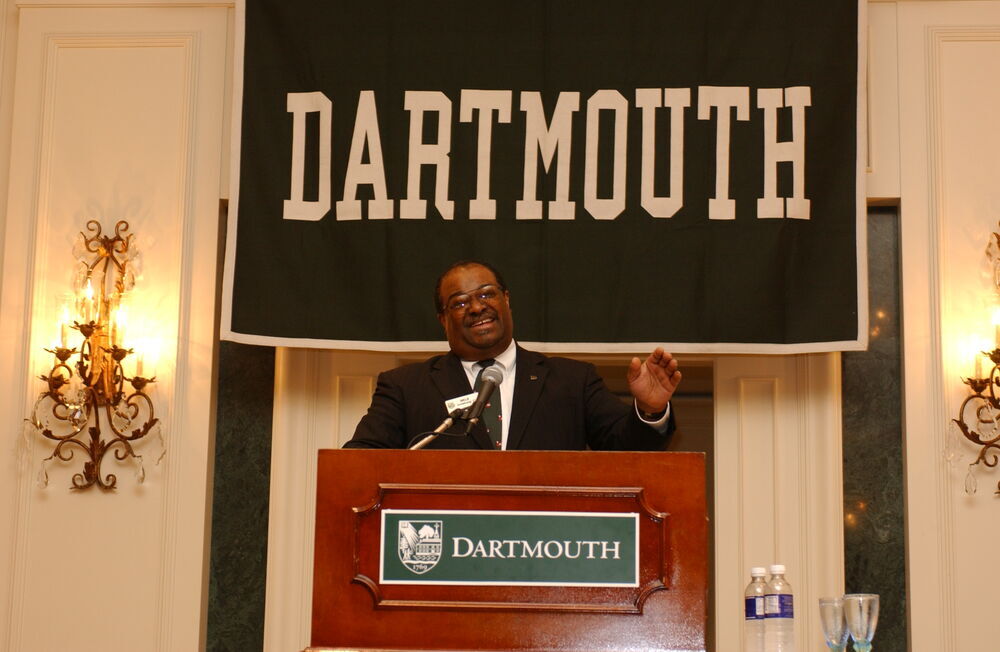Black Alumni of Dartmouth Association (BADA)
The Founding of BADA
Black Alumni of Dartmouth Association (BADA) is important to the Black community because it has continued efforts to recruit and support Black students at Dartmouth. BADA began as informal meetings on campus or in New York City with alumni from the 1940s, 50s, and 60s. When this group was officially established as the Black Alumni Association, Nels was twenty-two years old and working for the College. Nels was a co-founder of BADA, along with two other members of the class of ‘71 and two members of the class of ‘72. The rest were alums from the classes of the 1950s and 60s. BADA is the oldest Black alumni association at any predominantly white school in the nation (Armstrong, 2021). The BADA members assume the roles of supportive figures in current students’ lives. It was their opportunity to say “we are here for you” to the younger students (Armstrong, 2021). BADA members help students with finding summer jobs and discovering professions.
BADA's Impact
BADA plays an incredible role in students’ lives. Their focus is on aiding students and giving them what they need to be successful.
While Nels was a counselor at Dartmouth, he founded Nel’s Lunch Program. This program began because many Black students would come to see him seeking advice during lunchtime, and Nels would not have time to eat. So, one day, Nels got hungry and decided to bring a student along with him to lunch. Soon, he started to bring students to lunch every day.
These lunches were effective because students felt like they could discuss anything, as it seemed to be much easier to have conversations over lunch than while sitting in the office. Nels would listen to their concerns and give them advice. He would help them to get summer jobs, put them in touch with alumni from their hometowns, advise them on how to decide on a profession after graduation and what to do during their off-terms. This program was successful because everyone needs to eat and students were excited to get a free meal out of it. This program got students fed and helped the College at the same time.
Nels eventually brought the lunch program with him to MIT and Case Western University. This program was important because when Nels was a student, he did not feel like he had anyone in his corner to give him advice or guide him through the tough decisions of college. Because of this program, students were able to receive the support they needed. A number of students got summer jobs, full-time jobs, and were successfully introduced to networks through the Nels Lunch Program. Students adored Nels — in many sources he is referred to as "Papa Nels" or "Brother Nels" (Rauner Special Collections Library).
The Nels Lunch Program became so well known that Nels was asked to speak at two meetings of The Council for the Advancement and Support of Education (CASE) about it. Nels and many other BADA members have gone above and beyond to support the students.


